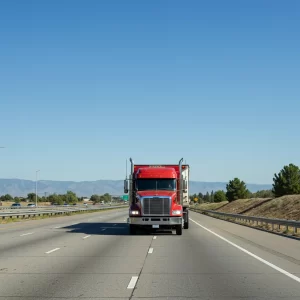
How Do Emission Control Systems Work on Trucks?
Understanding Truck Emission Control Systems | A Driver’s Guide
A diesel emissions test in California is a regulatory inspection designed to measure pollutants produced by diesel vehicles, ensuring compliance with California Air Resources Board (CARB) emission standards and the Clean Air Act. This testing applies to heavy-duty vehicles, medium-duty trucks, buses, motorhomes, and certain light-duty diesel vehicles. It includes various programs such as the Clean Truck Check Heavy-Duty Inspection and Maintenance Program, the California Smog Check Program, and the Periodic Smoke Inspection Program (PSIP). These inspections involve Onboard Diagnostics testing (OBD), smoke opacity tests following SAE J1667 standards, and visual and functional inspections of the emission control systems. Compliance ensures vehicles maintain proper NOx and Particulate Matter (PM) levels, preventing violations such as tampering, excessive smoke, or missing emission control labels. All diesel vehicle owners must complete compliance test submissions, pay the annual compliance fee, and maintain their emission control systems to avoid enforcement actions and registration blocks.
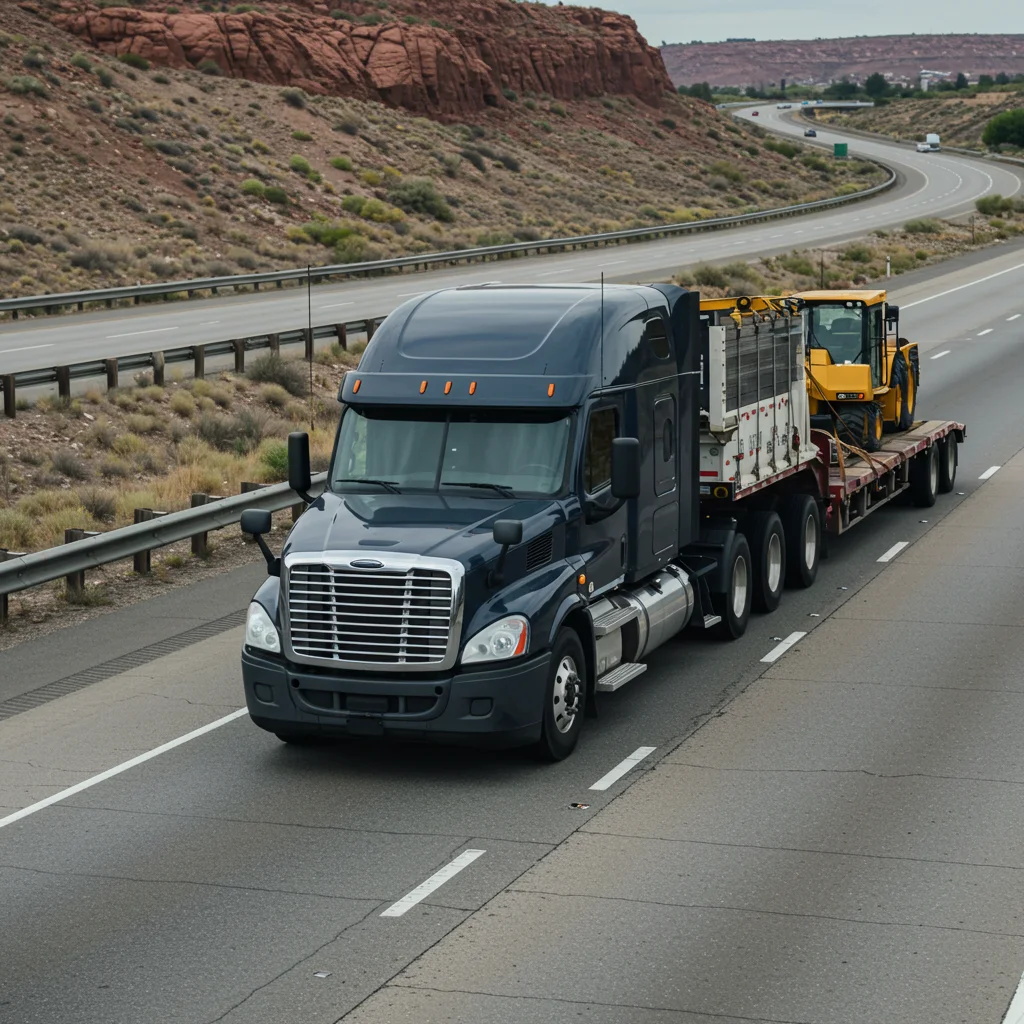
The CARB Clean Truck Check is part of California’s broader Heavy-Duty Inspection and Maintenance (HD I/M) initiative aimed at reducing emissions from diesel vehicles operating within the state. This program requires registration with CARB, reporting vehicle and owner information, and submission of passing emissions tests. Testing can include periodic inspections, continuous monitoring, and remote data capture using telematics-based testing. CARB integrates these requirements with existing programs such as the Bureau of Automotive Repair (BAR) Smog Check Program, the California STAR Program, and the Truck and Bus Regulation. Together, these frameworks ensure diesel vehicles maintain emissions below prescribed thresholds through functional, visual, and tailpipe emissions inspections. Compliance verification is enforced through electronic reporting, OBD data submissions, and smoke opacity measurements, ensuring every registered vehicle meets state emission standards. Learn more about Clean Truck Check In Gilman Hot Springs, CA .
All California-registered diesel vehicles must meet testing requirements based on VIN-based deadline schedules. CARB allows a 90-day early submission window for testing. Annual or biennial testing frequency depends on vehicle type and weight class, with quarterly emissions testing applicable to high-risk categories. Exemption categories include zero-emissions vehicles, authorized emergency vehicles, military tactical vehicles, historic vehicles, agricultural vehicles, and low-use or limited mileage vehicles. Vehicles 1997 model year or older or off-road diesel engines may qualify for alternative programs such as PSIP. Out-of-state vehicles operating in California must comply with CARB deadlines and submit emissions results to maintain valid registration. Compliance obligations include emission control label verification, OBD readiness checks, and submission of compliance documentation to CARB’s database.
The diesel emissions testing process begins with identifying applicable vehicles using CARB’s database. Owners must register with CARB, compile vehicle and owner information, and pay compliance fees. Testing is conducted at authorized emissions testing facilities equipped with SAE J1667-compatible smoke meters and OBD systems. The process includes visual inspections for emission control labels, functional checks of emission control systems, and tailpipe sniffer tests or Portable Emission Acquisition Systems to measure NOx and PM emissions. Vehicles must pass smoke opacity thresholds, ensure OBD readiness monitors are complete, and have no diagnostic trouble codes or check engine lights. Upon passing, results are electronically submitted to CARB for compliance verification. Failure to pass requires corrective actions such as maintenance, repairs, and retesting before final compliance submission. Learn more about Clean Truck Check In Glen Avon, CA .
To maintain compliance, fleet managers, technicians, and owner-operators should establish structured compliance management workflows. This includes monitoring compliance deadlines, maintaining organized compliance records, and leveraging fleet management software or telematics solutions for automated reporting. Regular emission control system maintenance, oil changes, vehicle tune-ups, and pre-inspections help ensure vehicles are ready for testing. Telematics-based data integration allows for remote emissions data capture, enabling proactive detection of emission faults. CARB recommends ongoing maintenance schedules, inspection intervals, and record retention to support audit readiness. Implementing these strategies ensures vehicles remain within emission performance thresholds and avoid citations, civil fines, or registration holds. Learn more about Clean Truck Check In Glen Valley, CA .
Non-compliance with CARB’s diesel emissions test requirements can lead to DMV registration holds, civil penalties, citations, and fines. Violations may include excessive smoke, tampering, missing emission labels, or inspection refusal. CARB may issue registration blocks until proof of correction and a passing compliance test are submitted. Continued non-compliance can trigger enforcement actions, including mandatory retests and increased testing frequency. To avoid these penalties, vehicle owners should ensure timely submission of compliance tests, correction of recalls, and maintenance of emission control systems. Using telematics monitoring, diagnostic system evaluations, and pre-inspections before official testing can help identify issues early, reducing the risk of test failure.
California employs advanced tools for diesel emissions testing, including SAE J1667 smoke meters, OBD diagnostic scanners, portable emissions measurement systems (PEMS), and telematics-based monitoring tools. These technologies enable accurate measurement of NOx, PM, and other pollutants. Electronic emissions inspections allow for real-time data reporting to CARB’s compliance system, while remote emissions data capture supports continuous testing programs. Facilities use dynamometer testing, roadside emissions screening, and portable emission acquisition systems to validate performance under real-world conditions. These tools are critical for compliance verification, regulatory audits, and reporting emission outcomes through electronic data submission. Learn more about Clean Truck Check In Good Hope, CA .
Fleet owners must proactively prepare for California Smog Check and CARB inspections by performing pre-inspections, ensuring the check engine light is off, and verifying OBD readiness. Vehicles should undergo oil changes, engine tune-ups, and visual checks of emission control labels. Implementing telemetry-based maintenance planning helps identify faults early and ensures testing readiness. CARB advises vehicle warm-ups before testing to stabilize emission system performance. Maintaining organized fleet records, including emission certificates, maintenance logs, and compliance submissions, ensures audit readiness. Regular functional checks of emission systems and adherence to inspection schedules reduce the risk of test failures and compliance delays. Learn more about Clean Truck Check In Good Meadow, CA .
Staying compliant requires access to expert resources, including CARB’s online portal, training videos, and compliance checklists. Programs like Noregon’s Truck Check Up, JPRO Diagnostics, and NextStep Repair help fleets monitor emission performance and manage diagnostic trouble codes. CARB offers education programs, webinars, and industry insights to assist technicians and fleet managers in understanding testing technologies and regulatory programs. Utilizing compliance software solutions, fleet management platforms, and emission data integration tools ensures electronic submission compliance and regulatory audit preparation. These resources provide guidance on testing readiness, recordkeeping obligations, and regulatory phase-in timelines, supporting long-term fleet compliance under California’s evolving emission standards. Learn more about Clean Truck Check In Hardman Center, CA .

Understanding Truck Emission Control Systems | A Driver’s Guide

What is the Lifespan of Truck Emissions Components | Guide to Durability and Replacement
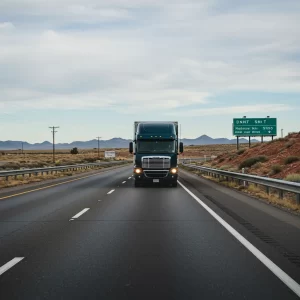
Are New Diesel Trucks Reliable with Emissions Systems | What You Need to Know
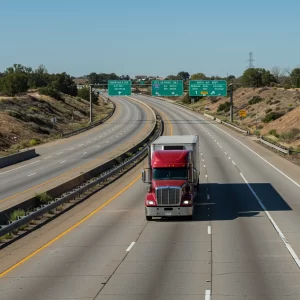
Truck Emissions Maintenance | How to Reduce Pollution and Boost Efficiency
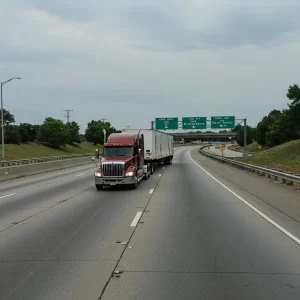
Reduce Truck Emissions | Practical Ways to Lower Your Carbon Footprint
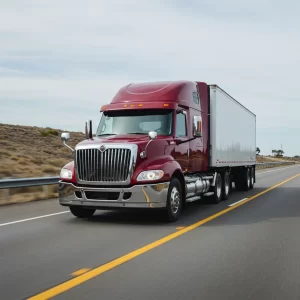
What Causes High Diesel Emissions | Key Factors You Need to Know